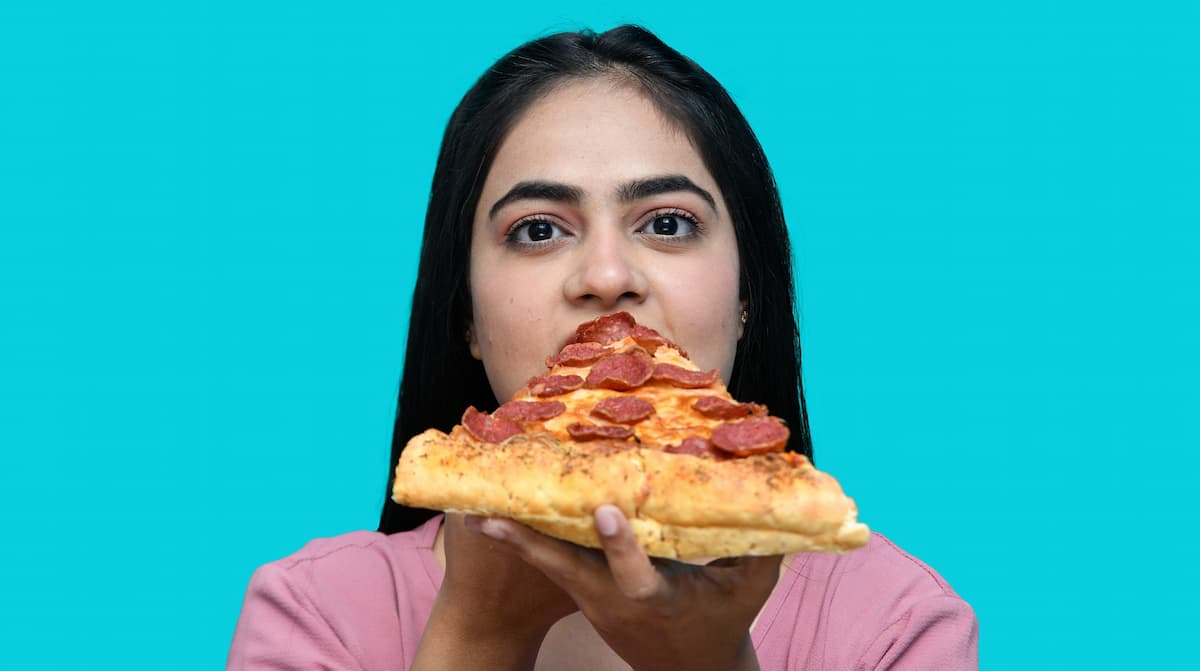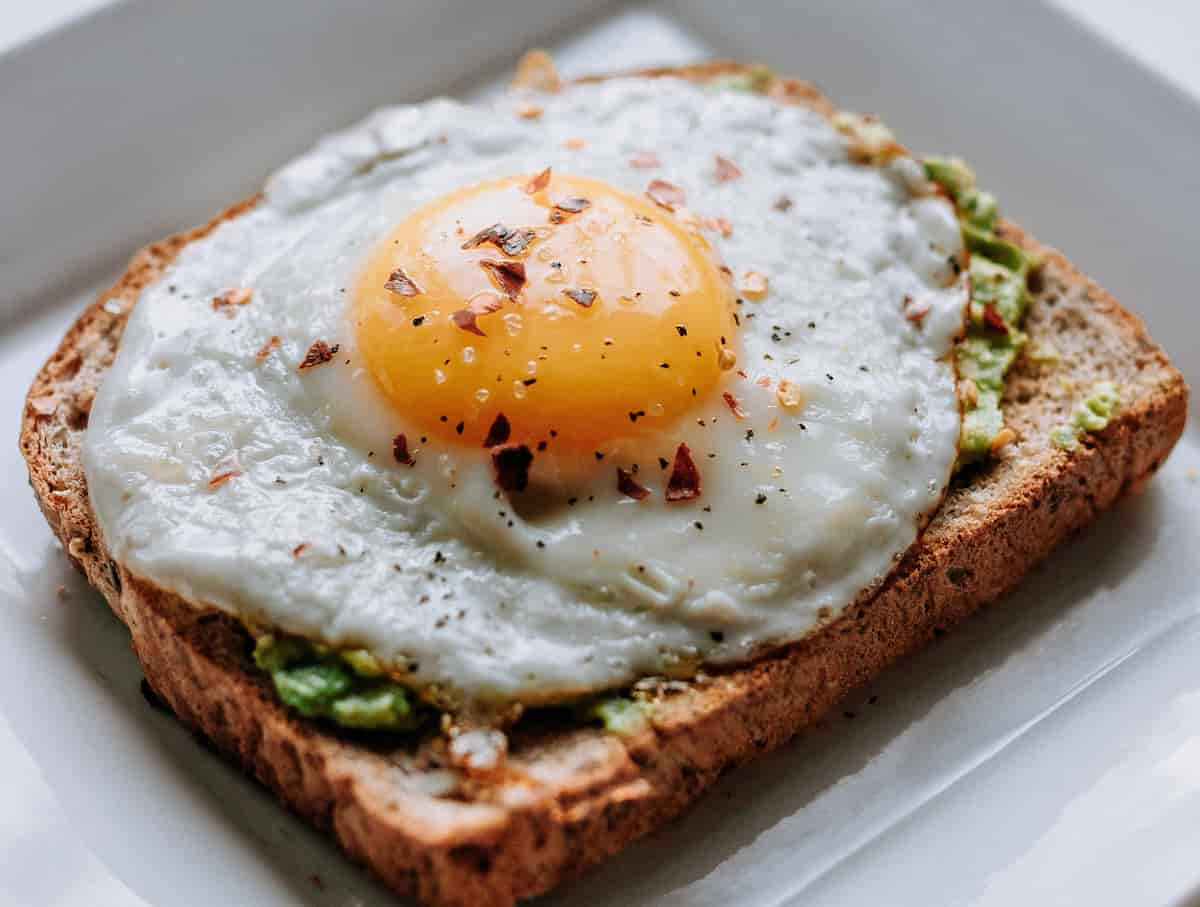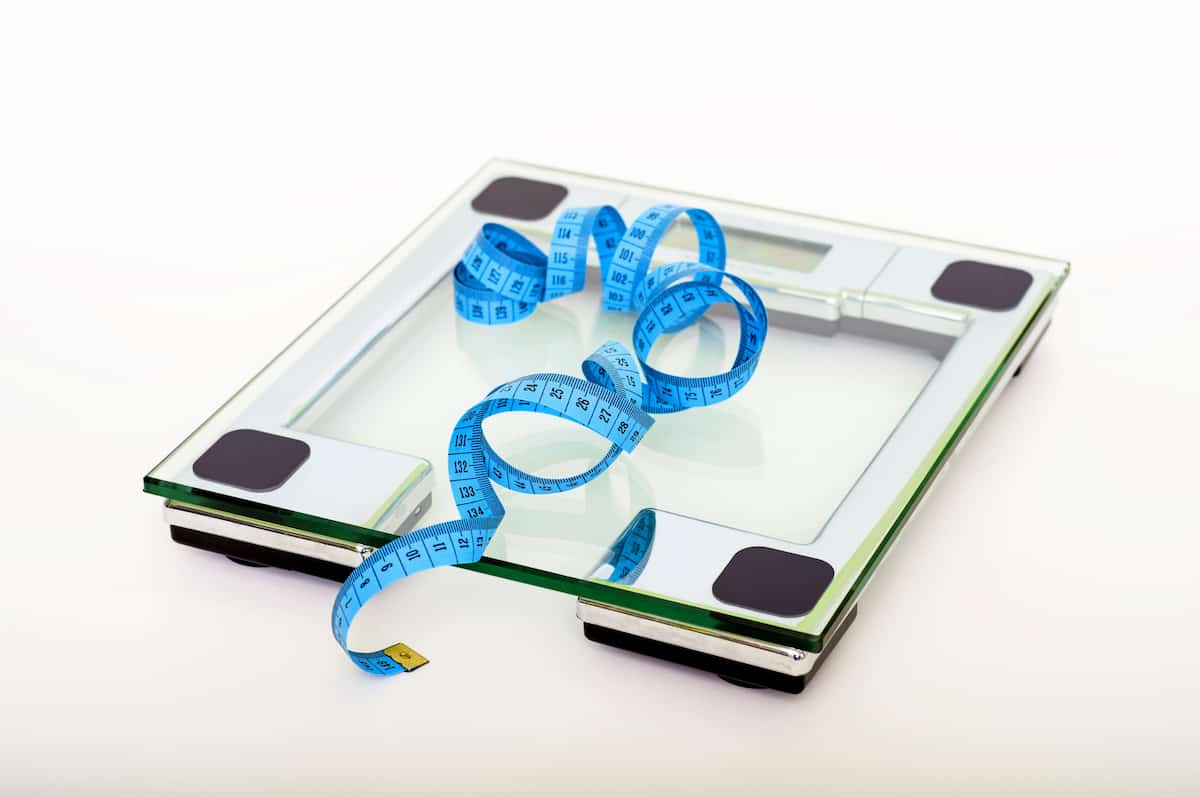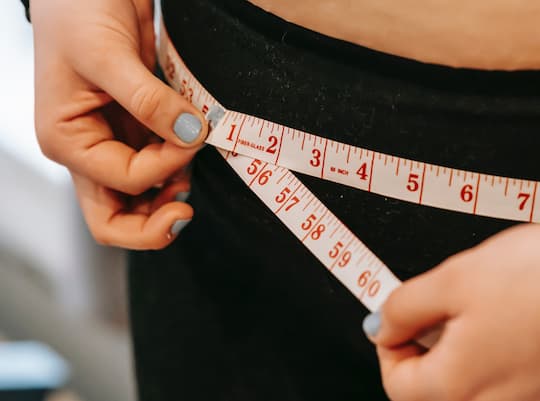Psychology study finds way out of exercise-more-then-eat-more trap.
A strange thing happen when people start exercising to lose weight.
Despite burning more calories, they frequently fail to shed the pounds.
One reason people give is that they start eating more.
It makes sense: you burn more calories, so you eat more, so you end up where you started, right?
Which leads to the question: why bother exercising for weight-loss?
The answer is: because it’s fun.
And in this one small word ‘fun’ may be a way out of this vicious circle of exercising more, then eating more.
It’s this thought that inspired Carolina Werle and colleagues to set up an experiment to test the effects on snacking of ‘doing exercise’ versus just ‘having fun’ (Werle et al., 2014).
To investigate, they asked 56 mostly overweight women to take a half-hour walk, after which they would be served lunch.
But there was a little trick to how this walk was framed:
- Half the women were told it was exercise and that they should monitor their exertion.
- Half were told they were just having fun and they should listen to music on their walk and enjoy themselves.
Afterwards, while relaxing and eating their lunch, and without knowing it, the women demonstrated what the difference was between ‘exercising’ and ‘having fun’.
Not only were women who’d been ‘having fun’ happier and less tired after their walk, but they also ate less pudding and drank less soda.
Overall, despite burning the same amount of calories while walking, women who’d been walking for pleasure ate less afterwards.
The reason for this difference seems to be in how framing exercise affects people’s search for rewards:
“Engaging in a physical activity seems to trigger the search for reward when individuals perceive it as exercise but not when they perceive it as fun.” (Werle et al., 2014).
So the best advice is: stop exercising and go out and have fun.
If you accidentally happen to do some exercise while enjoying yourself, so much the better!









